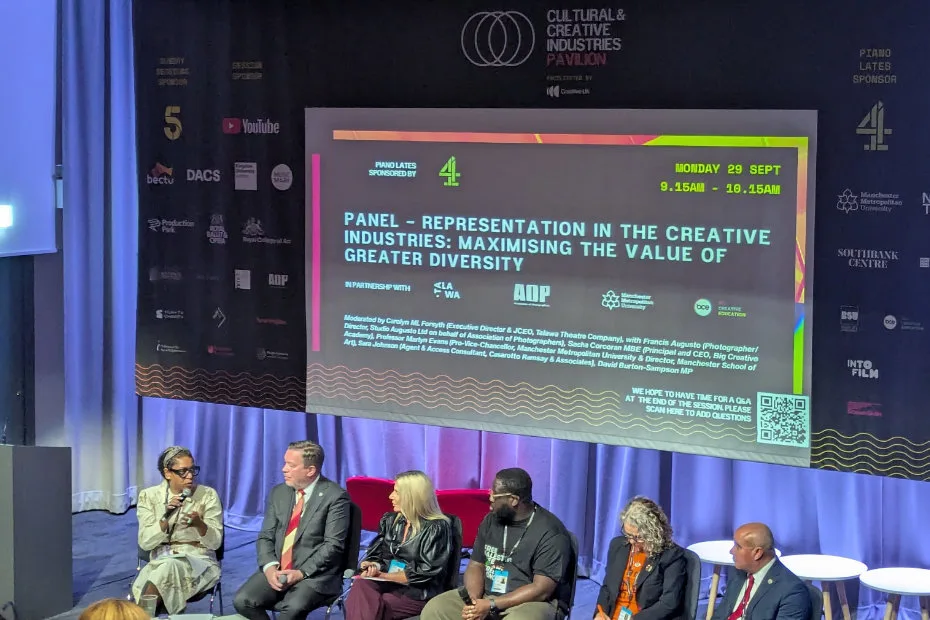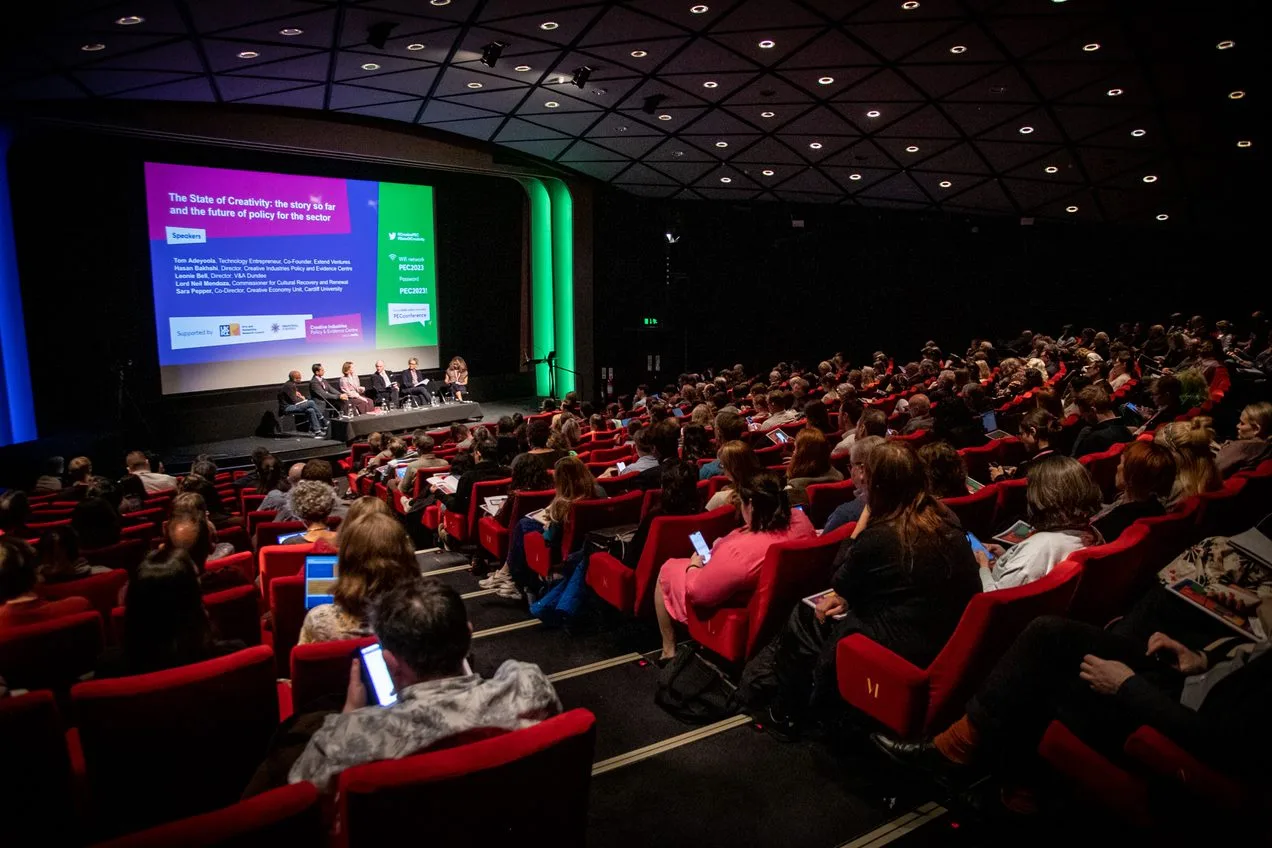The overnight migration of schooling to the home in lockdown has re-energised interest in the idea of an ‘EdTech’ revolution. Online platforms are being used to help organise classes, deliver lectures, keep students connected with each other and make assessments. In England, the Department for Education had already in April 2019 published an EdTech strategy, including committing to a series of challenges “to prove what is possible and to inform the future use of EdTech across our education system.” Since the crisis, it has supported the creation of remote education resources, published guidance for teachers and parents/carers, as well as signposted online resources more generally.
The challenges are enormous. The need for immediate measures to sustain education in lockdown as well as medium-term measures to support seamless learning when schools reopen; access to content which is engaging and aligned with the curriculum; blended offline as well as online remote learning, not least for those young people who do not access to broadband, and the provision of supplementary support (how many of us have stared in horror these past few weeks when presented with 10-hour assignments for our kids to be completed over a four-week period?). Research suggests that effective teaching presence in remote learning requires a well-structured sequence of intellectually engaging learning activities where students are provided with feedback but also where they take responsibility for their work.
In our 2011 report, Next Gen, we argued that the curriculum in England’s schools needed to be overhauled so that the computing and artistic skills that are vital to high-tech creative industries are given the impetus they need. In 2012, Michael Gove (and his adviser, Dominic Cummings) accepted our recommendation to reform the ICT curriculum to include coding, and in 2014 the curriculum changed. But our emphasis on the combined importance of creativity and coding was ignored.
Wind forward ten years, and research has now confirmed the growing importance of ‘creative digital’ skills for the whole workforce, not just for the creative industries. Evidence from tens of millions of job adverts suggests that the digital skills most likely to be needed in jobs predicted to grow in the UK are ones that are used in non-routine tasks, problem solving and the creation of digital outputs, like animation, multimedia production and design in engineering. This is partly because creative tasks such as these are more difficult to fully automate. The greater the prominence of creative digital skills in an occupation the higher the probability it will grow.
This research suggests that access to remote learning resources should also extend to those that nurture the creative digital skills of young people, and that this should be a priority alongside other learning initiatives for young people at home during the crisis.
SideQuest is a COVID-19 initiative where UK games studios have joined forces with a non-profit organisation, Into Games, to hold bi-weekly “game jams” for young people. A game jam is when a group of individuals come together to “improvise” a game in a short amount of time, based on a theme. The idea is to help young people build their skills quickly in the context of a relevant, motivating activity such as game design. The initiative makes a game making tool, called GameMaker Studio 2 (from Dundee-based company YoYo Games) available for free download until September.
Young people are provided with worksheets, video tutorials and games assets (from games studio Sumo Digital’s 2019 game Spyder). They are invited to join an online community of learners where they can share ideas and ask questions of their peers. Masterclasses from industry professionals on different aspects of the game-making process are live streamed, introducing young people to the possibility of careers in the games industry too. The resources also include a prototyping pack which takes young people through creating a game idea without the need for a computer.
The opportunity for such initiatives is huge right now: busy secondary-schools usually have limited time to focus on cross-curricular learning, but now there is more scope than ever for children to engage with authentic, open-ended learning activities like this. The BBC’s Computer Literacy Project in the 1980s not only helped to create a world-leading videogame industry, but the technical skills learned by that generation went on to be applied creatively in fields as diverse as banking and medical imagery. With confirmation that most children will not return to school until September, there is a massive opportunity to steer a generation towards learning creative, digital skills which will help to equip them for the economies of their future – and have a lot of fun while they’re doing it.
Photo by S X R I P T X
The PEC’s blog provides a platform for independent, evidence-based views. All blogs are published to further debate, and may be polemical.
Related Blogs
From Wales to the World: Why International Cultural Policy Needs a Future Generations Lens
This guest blog is from Professor Sara Louise Pepper, a member of our Global Creative Economy Counci…
10 facts about Creative Industries growth potential
Discover ten key findings from the report 'High-Growth Potential Firms in the UK's Creative Industri…
Why London is investing in Creative Enterprise Zones
London Mayor Sir Sadiq Khan announces £2.2 million in new funding for Creative Enterprise Zones.
Research resources on Creative Clusters
We’ve collated recent Creative PEC reports to help with the preparation of your Creative Cluster bid…
What UK Job Postings Reveal About the Changing Demand for Creativity Skills in the Age of Generative AI
The emergence of AI promises faster economic growth, but also raises concerns about labour market di…
Creative PEC’s digest of the 2025 Autumn Budget
Creative PEC's Policy Unit digests the Government’s 2025 Budget and its impact on the UK’s creative …
Why do freelancers fall through the gaps?
Why are freelancers in the Performing Arts consistently overlooked, unseen, and unheard?
Insights from the Labour Party Conference 2025
Creative PEC Policy Adviser Emily Hopkins attended the Labour Party Conference in September 2025.
Association of South-East Asian Nations’ long-term view of the creative economy
John Newbigin examines the ASEAN approach to sustainability and the creative economy.
Culture, community resilience and climate change: becoming custodians of our planet
Reflecting on the relationship between climate change, cultural expressions and island states.
Cultural Industries at the Crossroads of Tourism and Development in the Maldives
Eduardo Saravia explores the significant opportunities – and risks – of relying on tourism.












